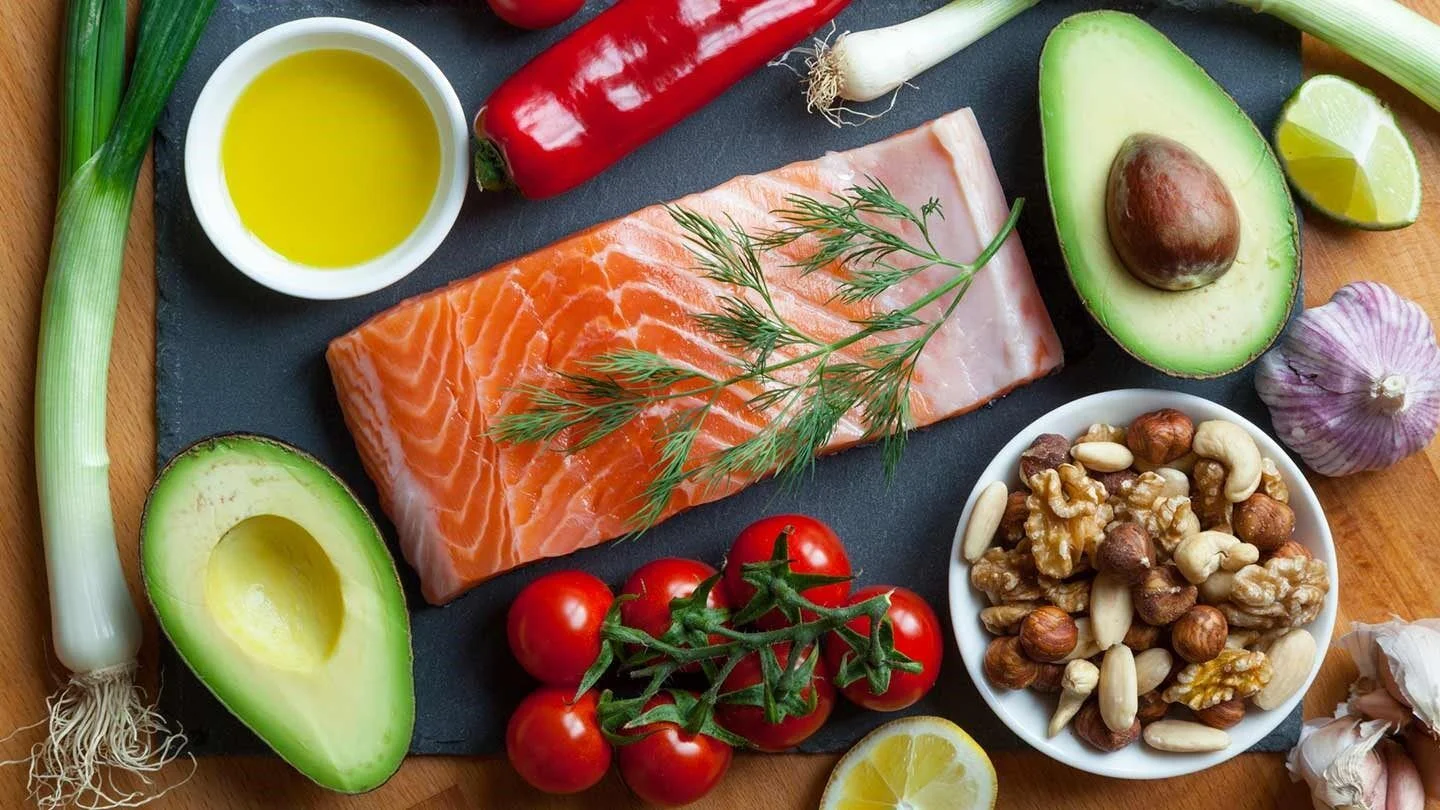- Written By
Shreya_S
- Last Modified 17-01-2025
Food Fads: Definition, Types, Roles and Harmful effects
Food Fads: How often have you seen advertisements for “super products” that claim to cure incurable ailments or provide other seemingly unattainable benefits? The claims made by such adverts are frequently false. Although the marketed product may be completely useless (or even hazardous), the hype created by such advertising often succeeds in persuading consumers into purchasing such things, resulting in significant revenues for the manufacturers.
Food fads are words used to describe such behaviours in connection to food goods. Nutritionists and dieticians will be able to better educate the general population about food faddism if the prevalence of food faddism is discovered. Let’s try to understand what food fads are and their example.
Food Fads: Definition
A food fad draws people’s attention for a limited time. Adults might be affected by food fads, but children are particularly vulnerable. Even though no single meal meets all nutritional needs except human milk for babies and young infants, food faddism appears to be growing in popularity among those seeking “healthy foods and a diet of all purported pollutants,” food faddism appears to be growing in popularity among those seeking “healthy foods and a diet of all purported pollutants.”
Others will seek alternative use of vague terms such as “natural, organic, and health foods” because food processing is viewed as an adulteration of our food. There is an organic food myth, and we don’t even agree on what “organic foods” means, a term coined by the late JI Rodale.
Why are Food Fads Used?
Food faddism is a term generally used to describe a particular food or food group that is exaggerated in the routine diet or is eliminated to cure a specific disease. Food faddism is labelled by some researchers as an unhealthy practice and is often associated with eating disorders. Food fads give health claims that are not supported by scientifically valid evidence expectations and people who adopt these food fads are in line with their beliefs. Misinformation about foods plays a role in practising food faddism. Very little research work has been done in our country on this issue of public health importance; therefore, the current study was designed to assess its frequency, determinants, and association to the health status of commonly vulnerable strata of our population. Certain foods are termed ‘junk food’ high in calories and have more salt, fat, and sugar. These include carbonated beverages, salted chips, fried food, pizza, etc.
Examples of Food Fads
Lack of understanding might lead to incorrect opinions regarding some meals. People believe that if food is more expensive and harder to obtain, it must be healthier. A food fad is something like this. Other misunderstandings about a few items are explored further down.
- Eating ‘Bhindi’ (lady’s finger) improves one’s math skills.
- No, there is no link between eating bhindi and performing well in math.
- Brown eggs are preferable to white eggs. The nutrients in both types of eggs are not equal.
- Fish is an excellent source of nutrients for the brain. It improves your intellect. No fish is merely a source of protein. It has absolutely nothing to do with IQ.
- Yoghurt, which is fermented milk, is termed as ‘miracle food’ and sold at an inflated price.
- A current misconception concerns a new papaya type that contains nearly no seeds. According to legend, seedless papaya causes infertility.
Role of Food Fads
Special properties of food are exaggerated and said to cure specific diseases, and certain foods are eliminated from the diet due to the belief that they contain harmful constituents, the belief that some foods or a combination of foods has superior health enhancement, and an emphasis on eating ‘health foods,’ natural or organic foods are among these. As a result, the entire concept is extremely questionable, as a balanced diet is all about adequacy, variety/food diversity, and balance. Starvation, an extremely low-calorie diet, and a high intake of specific fruits and herbs, as practiced by food faddists, lower the basal metabolic rate, which is unhealthy. Most of the weight loss can be due to fluid loss. Once the person resumes normal eating, rapid weight gain occurs.
It was observed that society’s unhappiness with the mainstream healthcare system has prompted some people to seek out alternative lifestyles and eating habits. For example, the expectation for women to be in certain shapes has increased, prompting many to seek quick fixes. An increase in the practice could also be attributed to the diversity of cultures and natural treatments that lead to fads.
Why are Food Fads Harmful?
Fads, by definition, come and go. Someone may find a simple solution to be healthy is at the root of why food fads come and go for as long as they do. Nutrition is extremely complicated and varies greatly from person to person, for example diet plans. There are very recent misbeliefs about a new variety of papaya with almost no seeds, and people believe that seedless papaya leads to infertility. Adolescents and teenagers are unaware of the dangers of food faddism. They consume aerated drinks like colas that have no nutritional value and are high in sugar and caffeine, which is addictive drugs.
Some people have excellent success sticking to a rigid diet plan, while others experience negative consequences or notice no change at all. Veganism,gans, Atkins, and Paleo are just some of the diets that might cause more harm than good if followed blindly. Vitamin deficiency can cause illness and long-term health problems.
Summary of Food Fads
Food faddism is intangibly widely practised in our community; unawareness and other sociodemographic factors play the underlying role in this practice. Large-scale community-based research on a large sample size is needed to determine the underlying factors and to estimate the impact of this practice on the health of the vulnerable population. It is also imperative to elaborate the role of general practitioners on this issue; the health education programs may be planned to use family physicians to educate the masses on this issue of public health importance.
The most serious problem with food faddism is the advocation of the view that the individual is his own diagnostician and physician; this, in turn, may lead to more exaggeration of the harmful effects of this practice because of the firmness of beliefs of the person practising it. Unfortunately, the foods having the highest caloric value are the most thought fad foods. The practice of food faddism generally affects the health of individuals and specifically, it affects the nutritional status. It is very essential to know the prevalence of this practice within communities to design awareness programs for them.
FAQs on Food Fads
Q.1. What is meant by food faddism?
Ans: Food faddism is a term generally used to describe a particular food or food group that is exaggerated in the routine diet or is eliminated to cure a specific disease.
Q.2. What is the concern with food faddism?
Ans: There is concern about the mislabelling of organic, health, and natural foods as these terms are not legally defined.
Q.3. What are the advantages and disadvantages of using a fad diet?
Ans: Food Fads are also known as a fad diet or diet cult. It is a diet that promises weight loss or other health advantages such as longer life without backing by solid science, and in many cases are characterized by highly restrictive or unusual food choices.
Q.4. What is a characteristic of fads?
Ans: A characteristic of a fad is “a style, activity, or interest that is very popular for a short period of time.”
Q.5. Why is it not advisable to follow a fad diet?
Ans: Fad diets are that they can lead to nutritional shortages and a slew of other health issues, including a detrimental impact on hormone health and metabolism. Diets can have a negative impact on mental health by producing stress, guilt, and worry about food choices.
Learn about Factors Contributing to Good Health here
Hope this detailed article on Food Fads helps you in your preparation. In case of any query, reach out to us in the comment section and we will get back to you at the earliest.









































